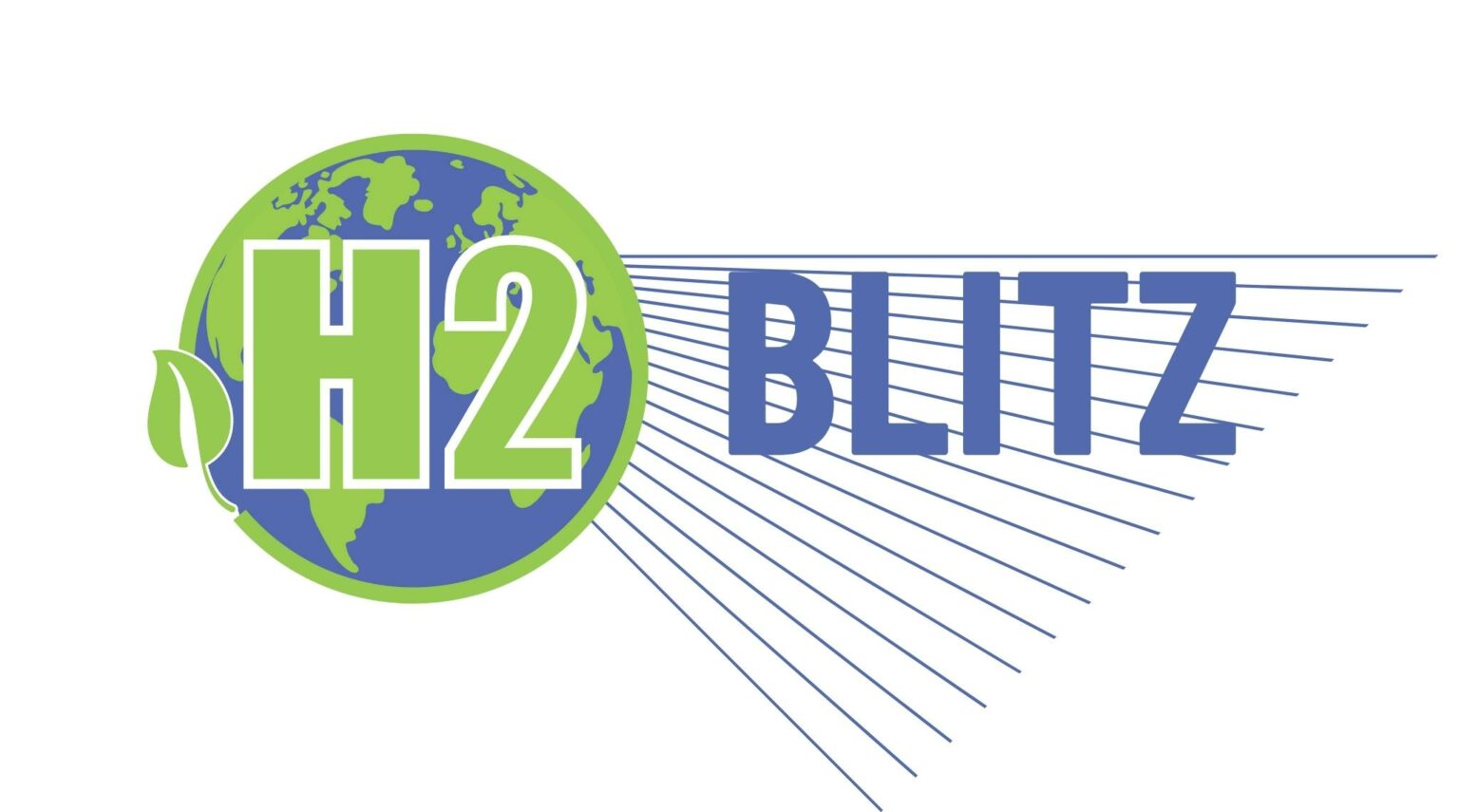Cipher Neutron anion exchange membrane electrolyser reaches record efficiency
With regard to their anion exchange membrane (AEM) electrolyzers, Cipher Neutron asserts that it has reached record efficiency. The Canadian startup’s method would significantly lower the price of green hydrogen, using only 41.75 kWh to produce one kilogram of hydrogen.
Research on electrolyzers is now primarily concerned with enhancing their functionality. The aim is to minimize the expenses associated with the production of green hydrogen, including investment, maintenance, and operation. This can be achieved by accounting for the variability of power supply from renewable sources or by reducing electricity use.
Green hydrogen deal in Ras Shukeir signed in presence of PM Moustafa Madbouli
A cooperation agreement to create green hydrogen, its derivatives, and green ammonia in Ras Shukeir was signed in the presence of Prime Minister Moustafa Madbouli.
The parties to the deal are the Egyptian-UAE firm Zero Waste, the French company EDF Renewable, the General Authority of Red Sea Ports, and the New and Renewable Energy Authority.
On the fringes of the Egypt-EU Investment Conference, which was opened on Saturday with President Abdel Fattah El Sisi and President of the European Commission Ursula von der Leyen in attendance, this occurred.
Port of Klaipėda to receive full Hydrogen Pack for hydrogen-electric garbage collector
The port of Klaipėda, Lithuania will receive the full Hydrogen Pack for a new generation hydrogen-electric garbage collector from the firm formed by captain Phil Sharp. The operation is scheduled for 2025’s fourth quarter.
The Port of Klaipėda, the primary seaport in Lithuania and the biggest port in the Baltic States by tonnage, initiated the construction of the first zero-emission garbage collector, measuring 42 meters in length and 10 meters in width. After a thorough environmental impact evaluation, hydrogen was determined to be the fuel of the future, and the ship would operate on it. The manufacture of this eco-friendly gasoline in the port of Klaipėda has been approved by the Lithuanian Environmental Protection Agency. It’s scheduled to begin in 2026.





